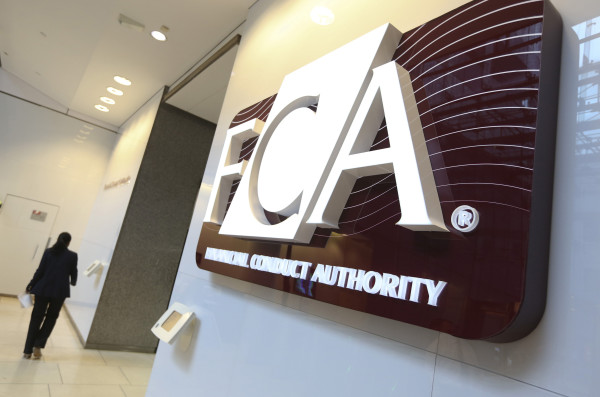In proportion
Some, however, suggest this is an overreaction. Alan Chan, director at IFS Wealth & Pensions, feels the firms in question have got the wrong end of the stick.
“They feel they will be held responsible for the suitability of the advice given by the adviser,” he says. “However, the letter does not say this, nor does it state that they must check the recommendation to transfer is suitable.
“What it does say is that they must ensure their products are being recommended responsibly and appropriately in accordance with the treating customers fairly principle. This is very different to the advice suitability requirements.”
Tom Selby, senior analyst at AJ Bell, says the FCA has been sufficiently clear on its stance regarding transfer requirements, but adds the departures could ultimately reduce transfer volumes.
He says: “If there are fewer pension providers willing to accept DB transfers, then you would expect fewer transfers to take place. AJ Bell didn’t receive the letter and we have robust processes in place in this area. We do not believe the letter has any impact on the ability of pension firms to accept funds from a DB transfer.”
Bear traps and pitfalls
Regardless, pension transfer activity looks to be past its peak, according to Mr Selby. Data published in March by the Office for National Statistics showed that volumes had dropped for the third successive quarter, falling more than 20 per cent in the final quarter of 2018 alone.
Mr Selby points to the FCA’s increased focus on the area, rising professional indemnity insurance costs for advisers, and the figures being skewed by significant cases – such as that of British Steel.
Despite the risks, the possibility of transferring is still something that warrants exploration for intermediaries. Research by Aegon, published in January, supports this. The survey, which gathered views from 100 advisers between August 30 and September 6 last year, found that DB to defined contribution transfers were perceived to be the greatest opportunity for intermediaries for the second successive year. That said, as Chart 1 shows, 25 per cent of those surveyed identified transfers as one of the industry’s biggest threats.
Increases in cash-equivalent transfer values are showing no signs of letting up, either. The XPS Pensions Group Transfer Value Index peaked at £251,000 in March 2019 – its highest level since records began in June 2016 – before dropping to £244,900 by month-end (see Chart 2). This was also its highest month-end figure, and a £9,700 uptick on the previous month.












